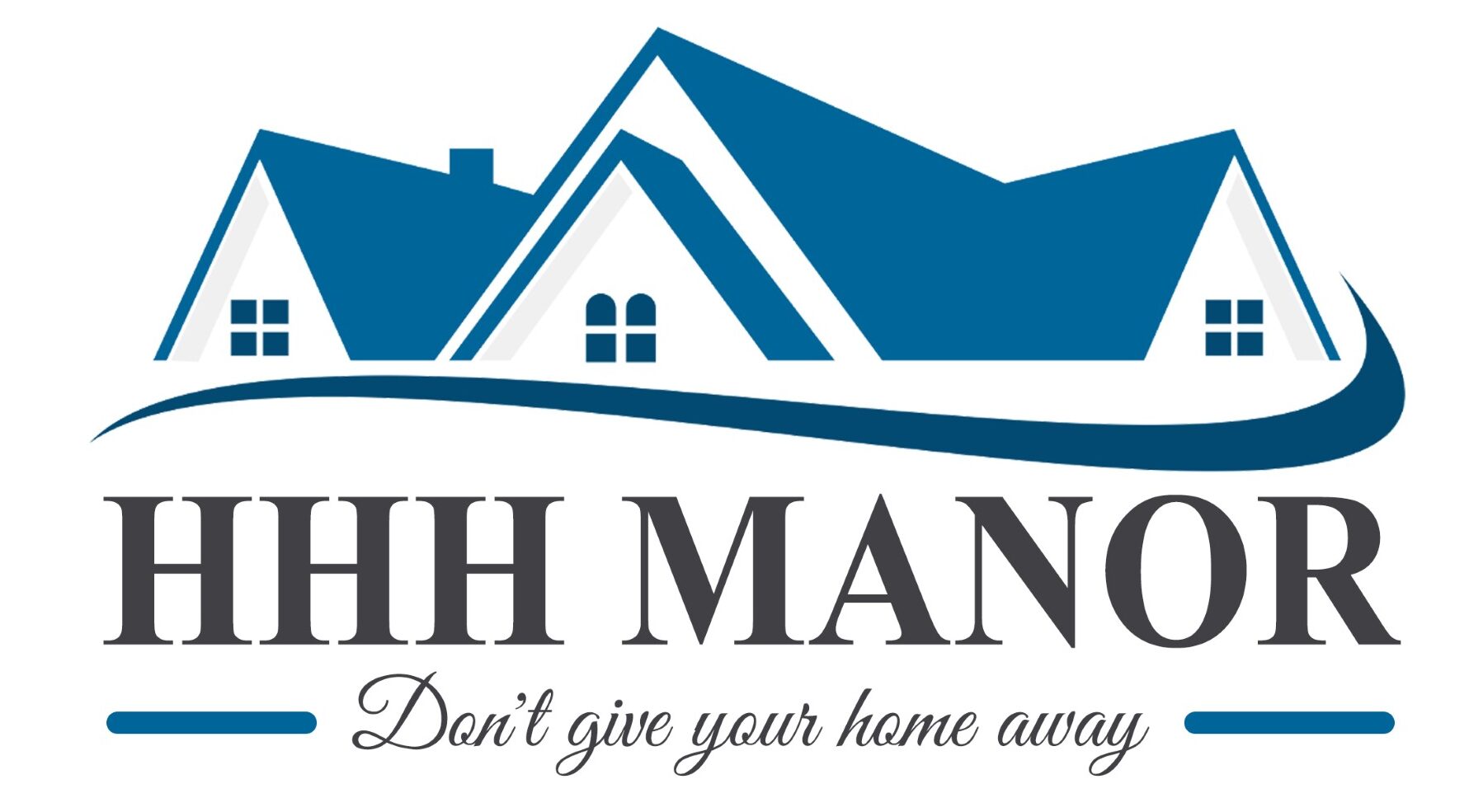A reverse mortgage can be an appealing option for homeowners aged 62 and older who want to access the equity in their homes without selling or moving. While reverse mortgages offer financial flexibility, they can also come with risks and complexities, especially for those navigating foreclosures, liens, or probate.
At HHH Manor Real Estate, we believe in empowering homeowners with the knowledge they need to make informed decisions. Here’s a closer look at how reverse mortgages work and their potential benefits and challenges.
What Is a Reverse Mortgage?
A reverse mortgage is a type of loan that allows homeowners to convert a portion of their home’s equity into cash. Unlike traditional mortgages, where borrowers make monthly payments to a lender, a reverse mortgage pays the homeowner.
The loan is typically repaid when the homeowner sells the property, moves out permanently, or passes away. The most common type of reverse mortgage is the Home Equity Conversion Mortgage (HECM), which is federally insured and regulated by the U.S. Department of Housing and Urban Development (HUD).
How Does It Work?
- Eligibility:
- Homeowners must be 62 or older.
- The home must be their primary residence.
- They must have significant equity in the property (usually at least 50%).
2. Loan Proceeds:
- The homeowner can receive the funds as a lump sum, monthly payments, a line of credit, or a combination of these options.
- The amount depends on the home’s value, the homeowner’s age, and current interest rates.
3. No Monthly Payments:
- Borrowers are not required to make monthly loan payments.
- They are, however, responsible for property taxes, homeowner’s insurance, and maintenance.
4. Loan Repayment
- The loan becomes due when the homeowner sells the property, moves out, or passes away.
- The loan balance, including interest and fees, is typically paid by selling the home.
Benefits of a Reverse Mortgage
- Financial Flexibility: Access to cash for retirement expenses, medical bills, or other needs.
- Stay in Your Home: Allows homeowners to age in place while leveraging their home’s equity.
- Non-Recourse Loan: Borrowers or their heirs will never owe more than the home’s value, even if the loan balance exceeds it.
Potential Drawbacks
- Costs and Fees: Reverse mortgages come with origination fees, mortgage insurance premiums, and other closing costs, which can add up.
- Equity Reduction: Borrowing against your home reduces the equity available for heirs or future needs.
- Loan Requirements: Failure to pay property taxes, insurance, or maintain the home can lead to foreclosure.
- Impact on Heirs: Heirs must repay the loan or sell the home to settle the debt, which can create challenges during probate.
Reverse Mortgages and Foreclosures
While reverse mortgages can provide financial relief, they’re not risk-free. Borrowers who fail to meet their obligations—such as paying property taxes or insurance—risk foreclosure. This is why it’s essential to fully understand the terms of the loan and stay on top of associated costs.
Reverse Mortgages in Probate
If a homeowner with a reverse mortgage passes away, the loan becomes due. The estate or heirs have options to resolve the debt:
- Repay the Loan: Heirs can repay the balance and keep the property.
- Sell the Home: Selling the property can cover the loan balance, with any remaining equity going to the heirs.
- Allow Foreclosure: If the loan balance exceeds the home’s value, heirs can allow foreclosure without being held personally liable, thanks to the non-recourse nature of HECMs.
Navigating probate with a reverse mortgage can be complicated, so it’s critical to work with a probate-certified real estate professional to avoid unnecessary delays or financial losses.
Is a Reverse Mortgage Right for You?
Reverse mortgages aren’t for everyone, but they can be a valuable tool for homeowners who need cash flow and wish to stay in their homes. Before committing, consider consulting a financial advisor or real estate professional to understand how a reverse mortgage fits into your overall financial plan.
At HHH Manor Real Estate, we specialize in helping homeowners with foreclosures, probate, and liens. If you’re considering a reverse mortgage or need assistance with a property that has one, we’re here to guide you through every step.
Contact us today for expert advice on reverse mortgages and other real estate solutions.
For more resources, explore our blog for insights on navigating foreclosures, probate, and liens.

